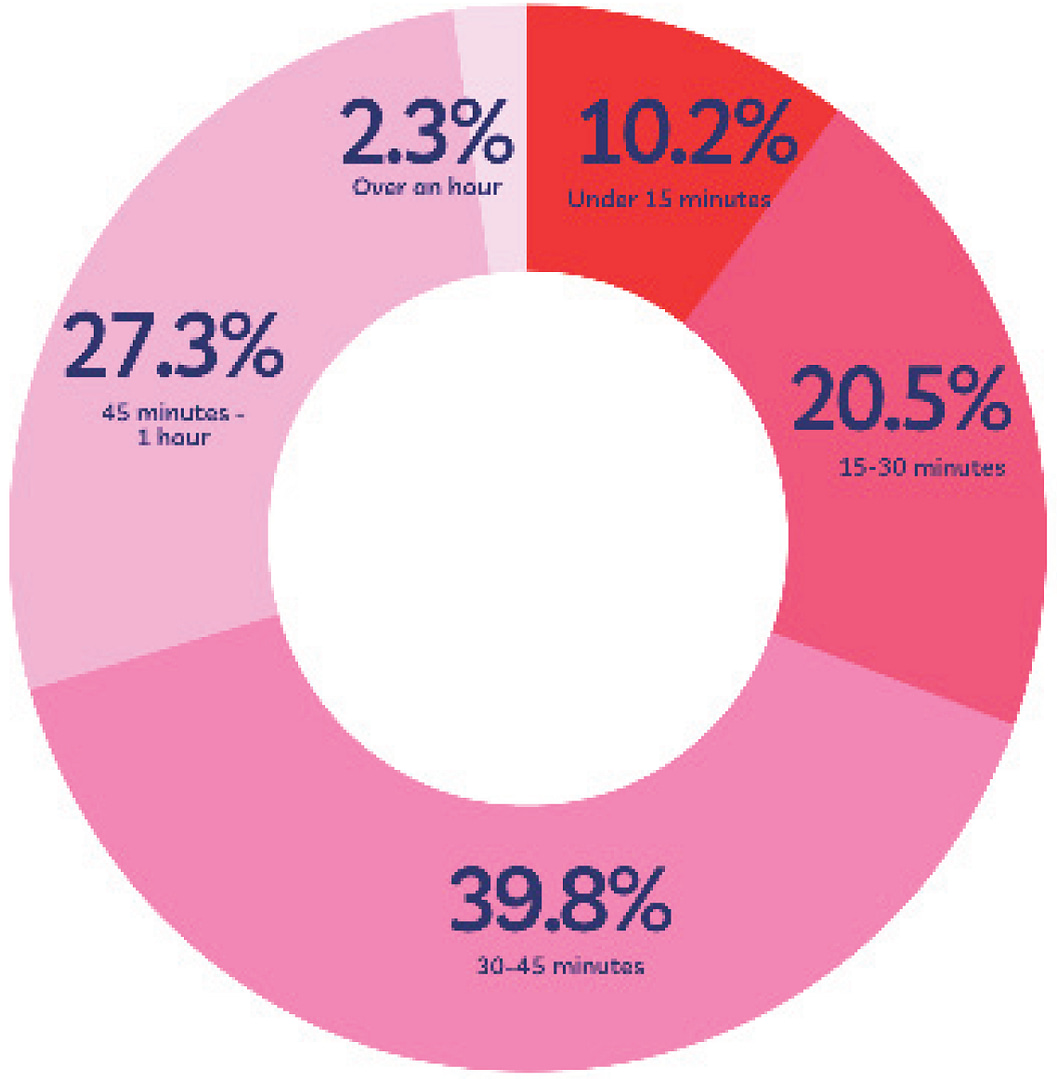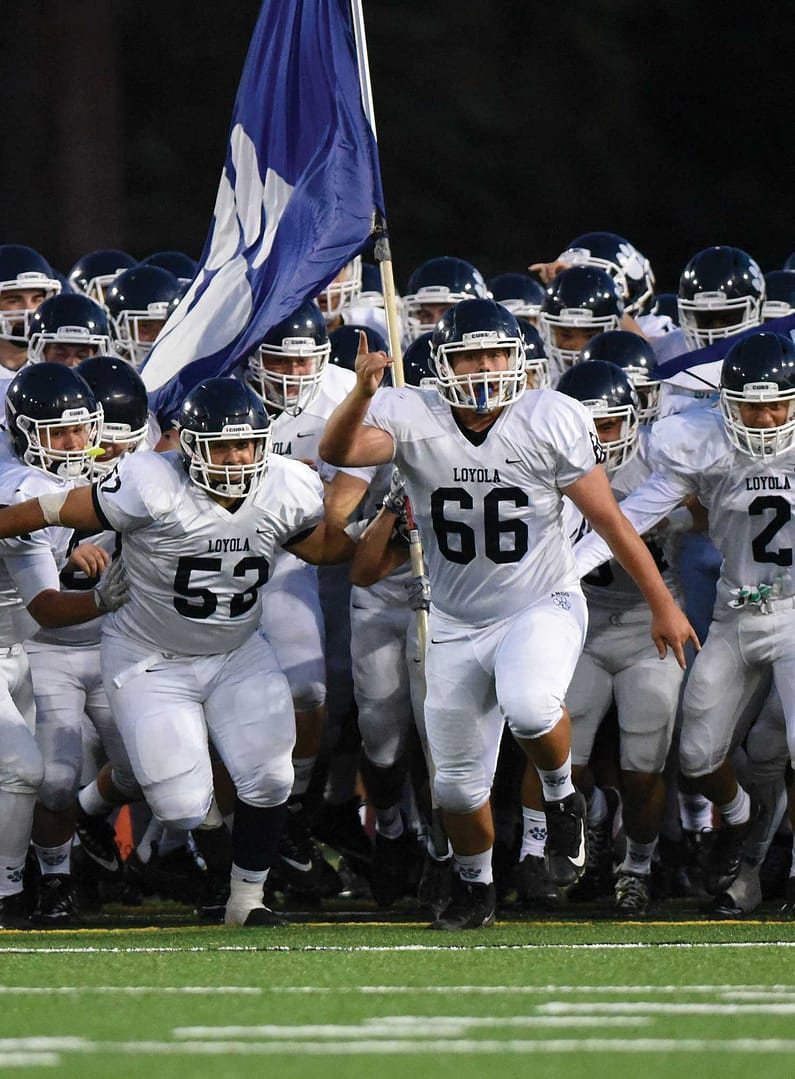TikTok, a video sharing social media platform owned by the Chinese company ByteDance, has recently made national headlines, stirring the pot all the way up to the President of the United States, thanks to possible national security concerns.
TikTok, launched in 2016 in China as Douyin, eventually launched worldwide on iOS and Android in 2018 after a merge with a Shanghai-based app called Musical.ly. TikTok has over 800 million active users worldwide with 100 million in the U.S., featuring social media celebrities such as Charli and Dixie D’Amelio as well as other celebrities such as Kevin Hart, Justin Beiber and even NFL quarterback Tom Brady.
A potential national security threat arose from Tik Tok’s algorithm, so President Donald Trump and his administration have been targeting the company since early July. The security concerns stem from the National Intelligence Law of the People’s Republic of China, which, in a nutshell, allows the Chinese government to request any information from any Chinese company or person at any time. President Trump has threatened multiple times to use his executive power to ban the app in the United States unless an American company takes control of its United States operations, claiming that the app is giving the information of Americans to the Chinese government, despite TikTok’s denial of these allegations.
As one could infer, due to their massive accumulation of user data just on the For You Page, TikTok is an undeniable threat to national security because it is subject to the National Intelligence Law of the People’s Republic of China. It is a scary thought that a Communist, totalitarian nation like China, which censors and completely controls media distribution in its own country, could have access to the data and identities of one hundred million Americans.
In early August TikTok was set to be bought by Microsoft, but the sale eventually fell through probably because Microsoft was overly ambitious in requesting full ownership of United States operations, data and algorithm.
As of Saturday, Sep. 19, President Trump has approved a new deal “in concept,” which would form a different company by the name of TikTok Global. The current deal explains that 20% of TikTok Global will be owned by Oracle, a multinational software company, as well as newly added Walmart. Chinese based ByteDance will own the other eighty percent. President Trump says that all United States operations will run on the Oracle Cloud. “The security will be one-hundred percent. They’ll be using separate clouds and very, very powerful security” he said.
Many believe that the decision to work with Oracle is mainly due to the Oracle CEO Larry Ellison’s public support for Donald Trump. Shirley Yu, founder of an eponymous company that assesses strategy, business and political risk for Chinese based companies, said “Oracle’s Ellison is a much closer ally to President Trump than Microsoft [cofounder]Bill Gates. In order for a no-sale option to be considered by the White House, Oracle stands the best chance.” Oracle wanted complete control of United States operations and data, including the algorithm, just as Microsoft did. ByteDance has agreed to sell 20% to Oracle, which won’t include the algorithm.
It was an intelligent move for the Trump administration to argue for an American company to buy TikTok; however, that deal has not come as easily and smoothly as the world might have thought. The current situation with TikTok Global is a fair compromise in an ideal world. Running on the Oracle Cloud will provide more security to Americans, and ByteDance will still own 80% of its chart topping app. A possible major flaw with this deal is that ByteDance still is in control of its famous algorithm. If needed, this could allow ByteDance to illegally smuggle United States data, making Oracle and Walmart essentially babysitters in a data collection scheme. The deal has made great progress on all sides, but it is not over.
With all of this in mind, it is important as Loyola students—as well as Americans—that we make informed decisions while engaging with the vast and all-encompassing digital world and that we remain aware of the unforeseen and potentially dangerous outcomes of our social media use.







Comments are closed.